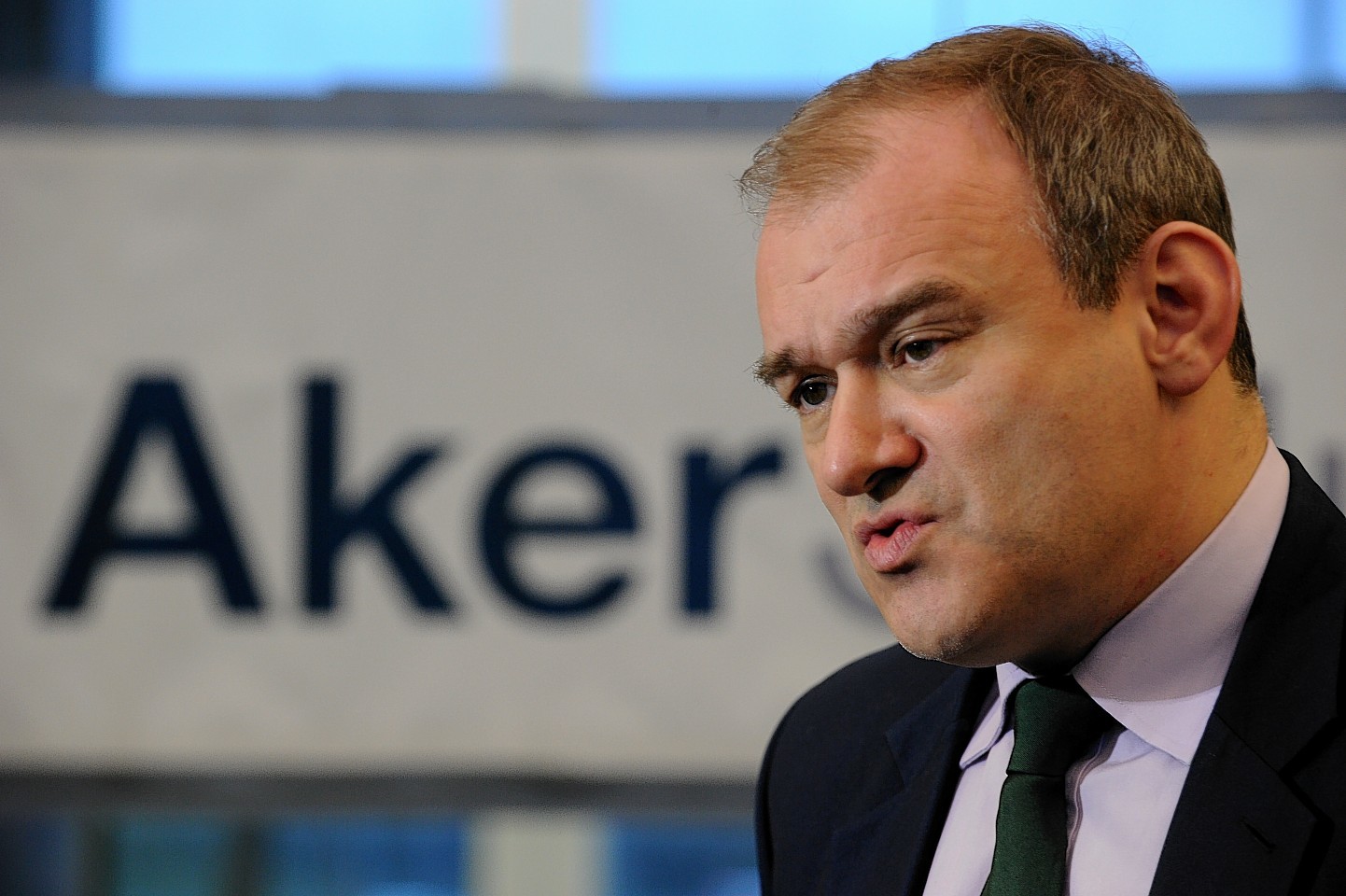UK Energy Secretary Ed Davey has been accused of having his “head in the sand” over high electricity prices in the Highlands and Islands.
It follows a letter in which he said “no surcharge” is applied to energy bills on the north of Scotland.
His statement is a stark contradiction to comments from his Liberal Democrat colleague Charles Kennedy who last week spoke of the “sense of anger at SSE’s 2p surcharge on electricity costs”.
The Ross, Skye and Lochaber MP and Scottish Secretary Alistair Carmichael voiced their support in the Commons for the Press and Journal’s Fair Deal on Energy Prices to cut electricity prices in the north.
In a letter to SNP MSP Dave Thompson, Mr Davey said there was no surcharge but network charges did vary regionally to reflect the building and running costs of the network in any one area and the number of customers those costs were spread over.
He said while SSE spoke of a 2p/kWh difference in tariff between customers in the north and south of Scotland “we believe the difference between the north of Scotland and the Great Britain average is closer to 1p/kWh”.
Mr Davey said while a survey carried out among Mr Thompson’s constituents supported “flattening costs”, it would “weaken the cost-reflective principle enshrined in current approach to charging”.
“The effect of this would be to weaken the local accountability of the network operator in ensuring that expenditure is fully justified, in turn weakening downward pressures on network costs overall,” he said.
He added that Novembers’s round of network pricing from the energy regulator Ofgem meant that customers in the north would see bills fall by an average of £27 from April.
Mr Thompson, MSP for Skye, Lochaber and Badenoch said: “I am very disappointed in Ed Davey’s response. It looks like he and UK Government have their heads in the sand over this because they appear to have backtracked from their position in relation to getting rid of the Highland surcharge.
“The letter from Mr Davey clearly states that to do so would ‘remove or weaken the cost reflective principle enshrined in our current approach’.”
